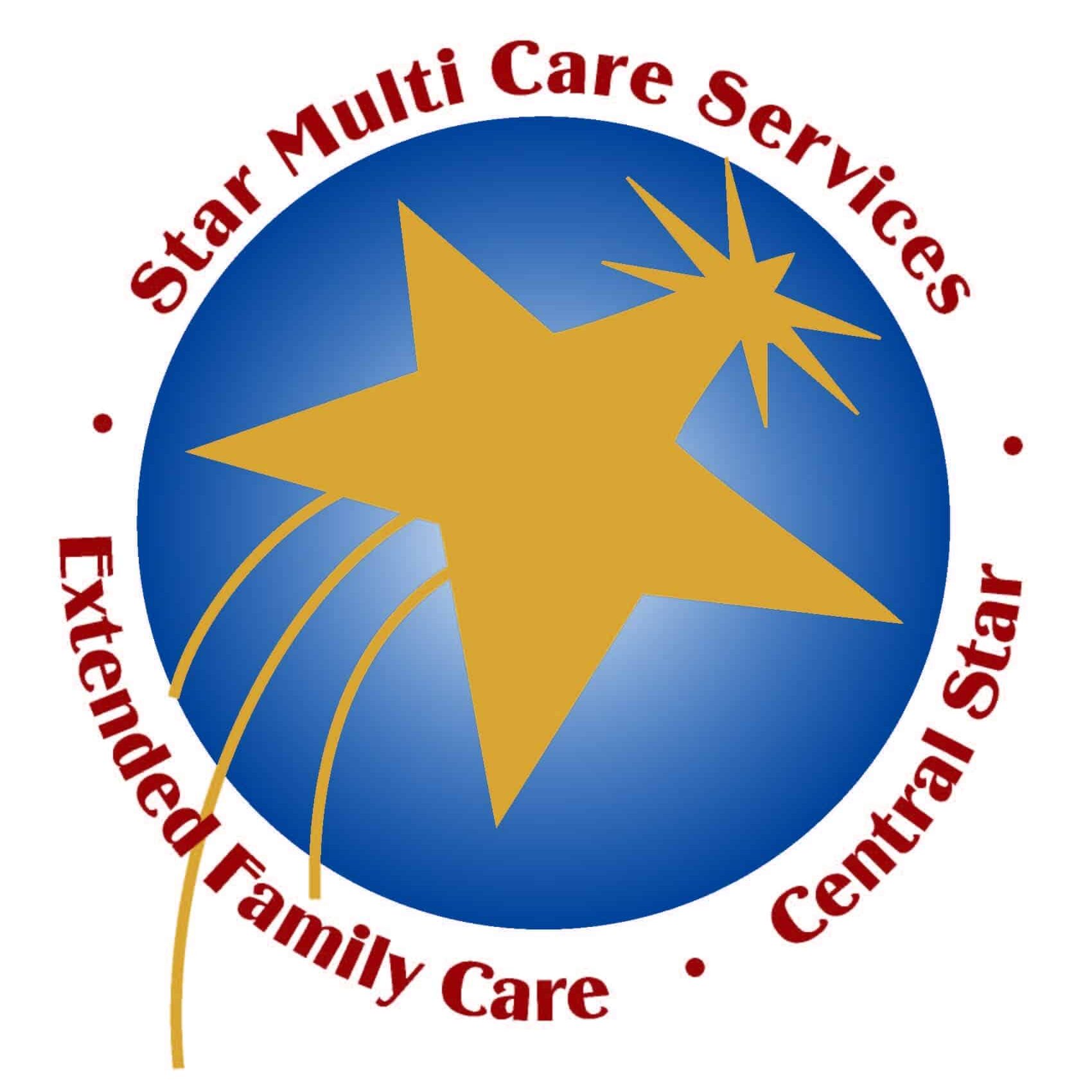If your elderly loved one has been diagnosed with heart disease, his doctor has probably recommended he review what he is eating and make some much-needed changes to prevent further damage. A healthy diet, along with other healthy habits such as exercise, sleep, and taking medications, can slow down and sometimes even reverse the narrowing of the arteries due to heart disease. Client advocacy services providers can help your loved one find the resources they need to be successful in these health-related changes.
How Does Diet Help Someone with Heart Disease

A healthy diet can have a direct impact on other health issues that can make heart disease worse. A healthy diet may help your loved one lose weight, reduce the bad cholesterol in his blood, reduce blood pressure, and lower blood sugars. All of these conditions can negatively affect heart health so keeping them in check will aid in the care of your loved one’s heart health.
Seven Steps to a Heart-Healthy Diet
Choose Fat Calories Wisely. Your loved one doesn’t have to eliminate all fats (in fact, a little fat is important to have), but should try to limit saturated fats and avoid trans fats as much as possible. Monounsaturated and polyunsaturated fats are better choices.
Enjoy lean proteins. Chicken, turkey, and fish are all great lean proteins that will benefit your loved one. Avoid fatty meats and processed meats (like lunch meat and hot dogs) when adding protein to a meal.
Eat more plant-based foods. Plant-based foods such as fresh vegetables, fruits, and legumes are rich in fiber and packed with other nutrients your loved one needs to maintain good health. They can also be very filling and help round out a meal without adding unnecessary fats or salt. Proper preparation is key when using these ingredients to keep them healthy and tasty.
Make sure your loved one is enjoying the right kind of carbs. The right carbs can add fiber to the diet and keep blood sugar levels in control. Look for ways to add sweet potatoes, quinoa, brown rice, and oatmeal to meals.
Reduce sodium intake. Too much salt in the diet is bad for blood pressure which puts strain on the heart. While changing how your loved one seasons her food will help, she’ll also need to learn to read ingredient labels to avoid purchasing items that are high in sodium. It can show up in some unexpected places.
Drink plenty of water. Staying hydrated will promote better overall health and help the body keep everything moving as it should be.
Look at eating more small meals per day rather than two or three large meals. This can help keep blood sugar levels in check and burn fat calories faster.
Get Help from a Client Advocacy Services Provider
Changing a lifetime of food choices can be hard in many ways. Food prices may be an issue as unfortunately, fresh, healthy food often costs more than prepackaged foods. Your loved one may also need to learn new skills in the kitchen. She doesn’t need to do it alone. A client advocacy provider can connect her with financial resources as well as support teams. A client advocacy provider can also help her navigate through the doctor’s directives so she’s clear on what her next steps are for better health.
If you or an aging loved one are considering Client Advocacy Services in Dix Hills NY, please contact the caring staff at Star Multi Care today. Call (631) 424-7827
Star Multi Care is a Trusted Home Care Agency serving Long Island and in NYC including Dix Hills, Floral Park, Great Neck, Huntington, Manhasset, Massapequa, Northport, Plainview, Rockville Center, Stonybrook, Suffolk County, Nassau County, and Queens County.
- How Does Hospice Care Help Aging Adults Plan for the End of Life? - April 16, 2025
- Ways a Client Advocate Can Improve Your Loved One’s Quality of Life - April 9, 2025
- Consistency is Key to Helping Your Senior Remain Independent - April 3, 2025

